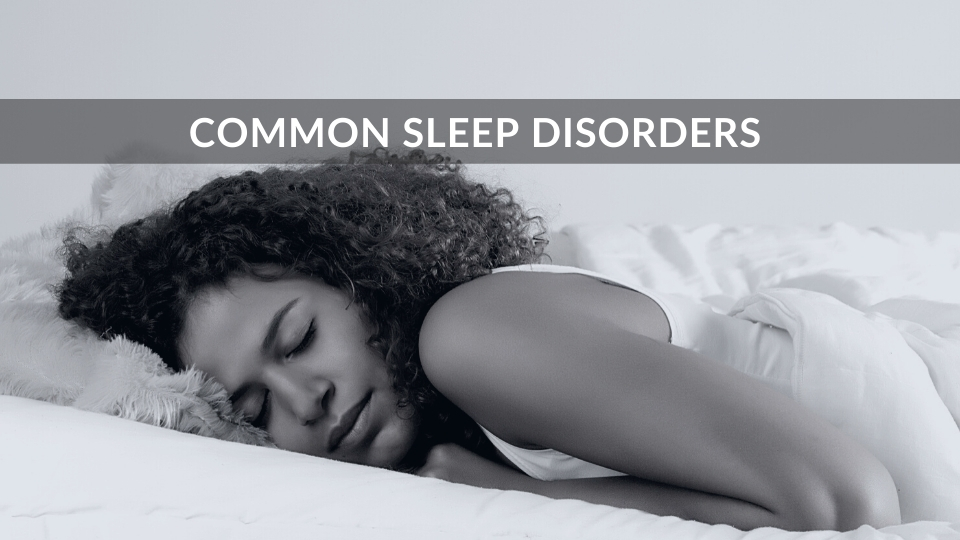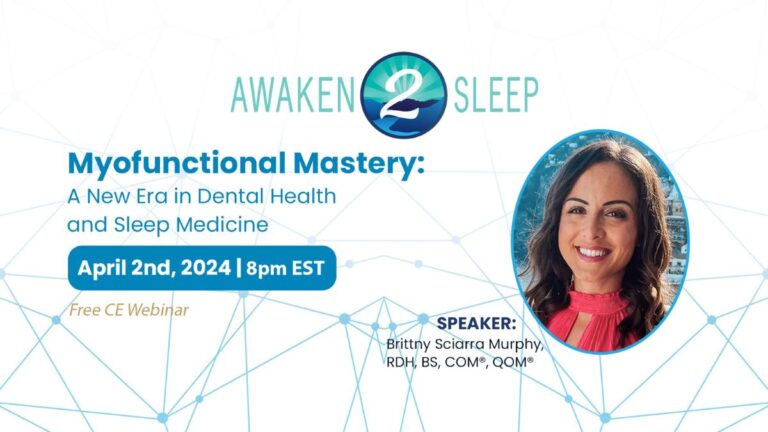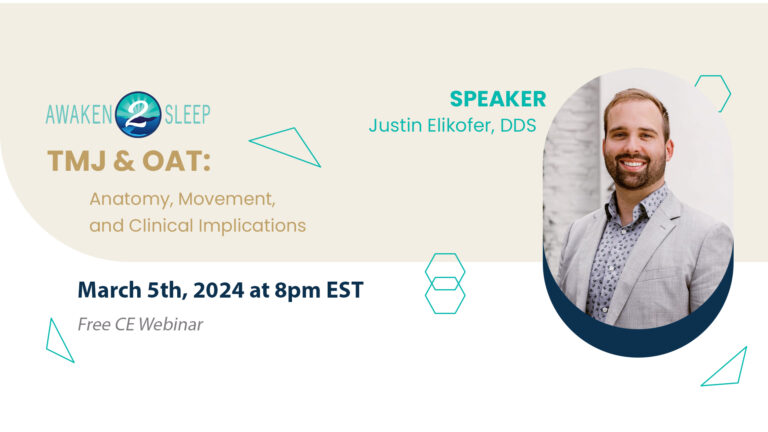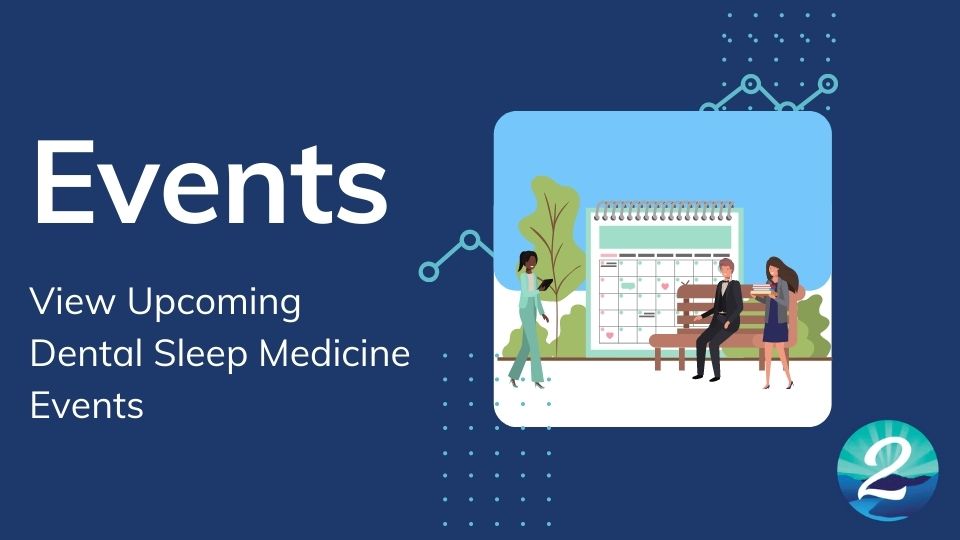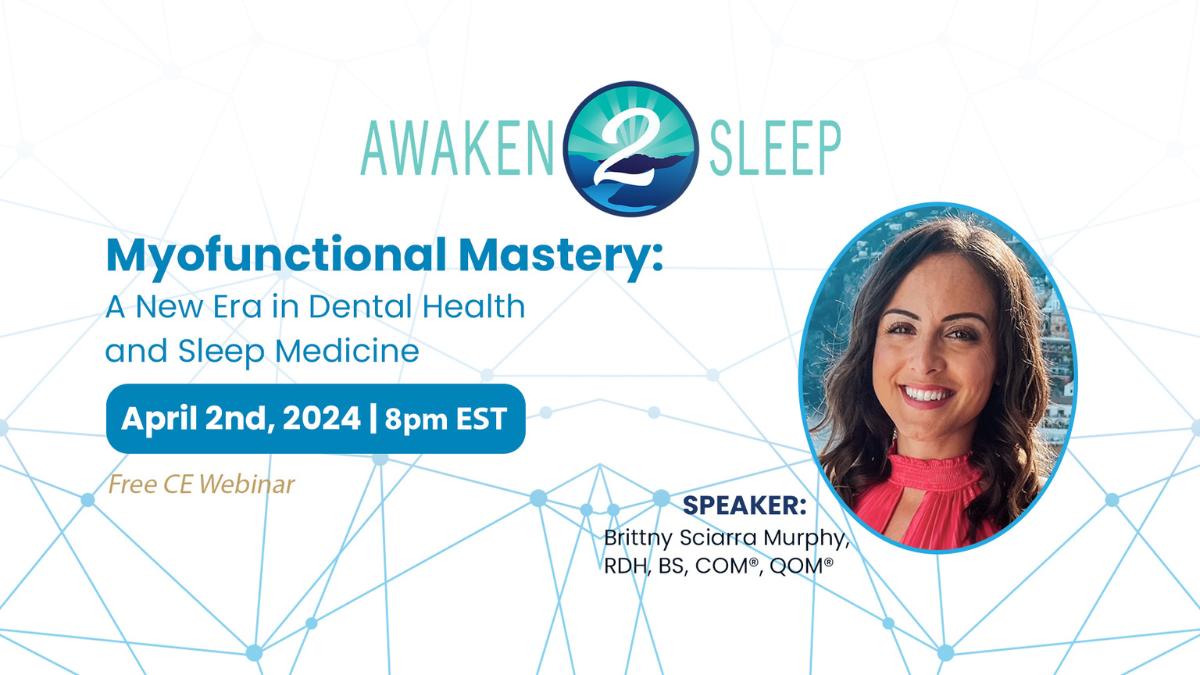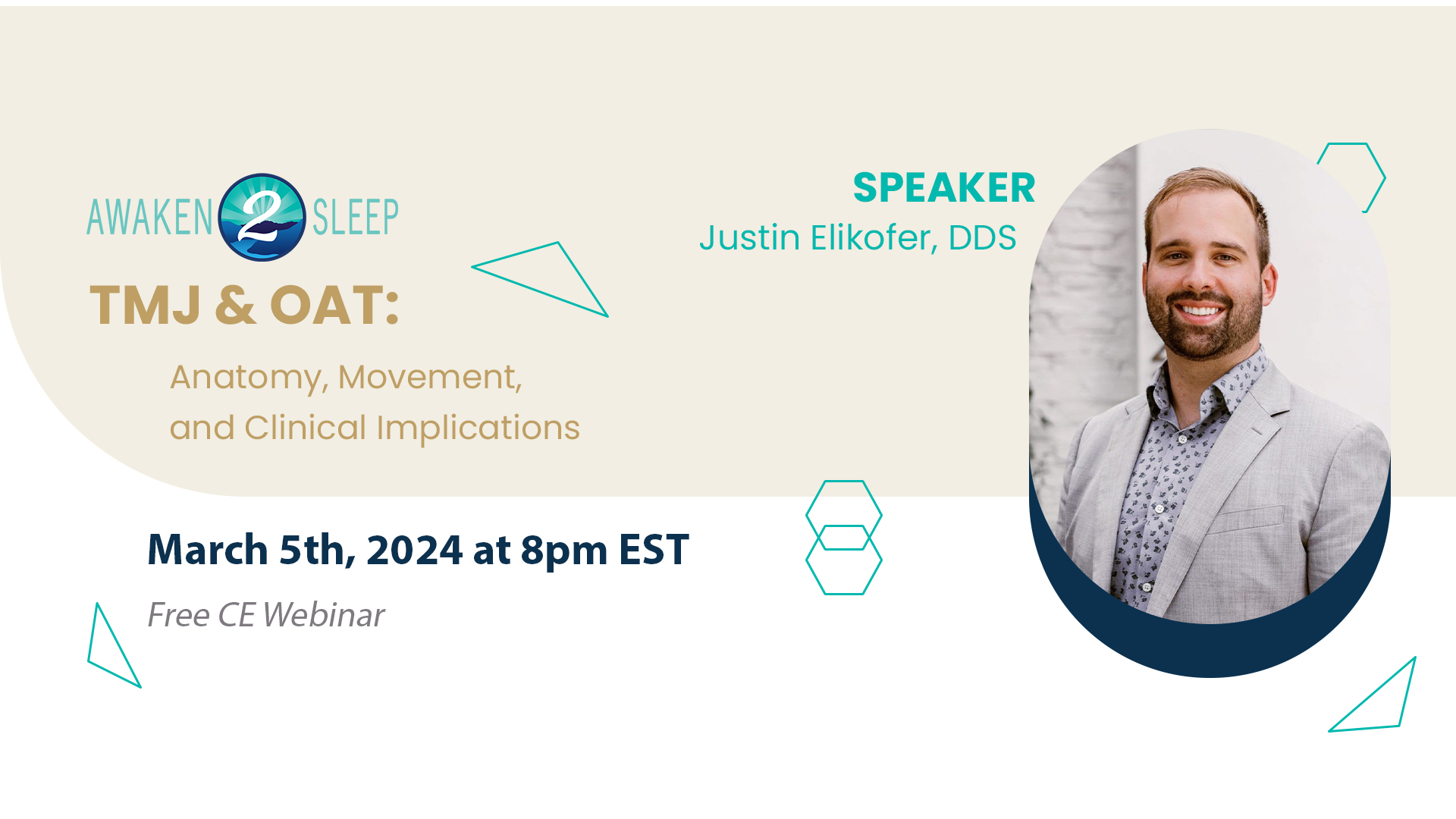By: Geoff Gilman
Maybe you are wondering what the most common sleep disorders are. In this article, I wanted to address the most common sleep disorders and how you could be affected by them.
More than one-third of US adults are not getting the recommended amount of sleep. This is a problem as sleep should never be treated like a luxury, but as a basic need. If you want to thrive in your life, you need to treat sleep as a priority. A lack of sleep is linked to many chronic diseases and conditions.
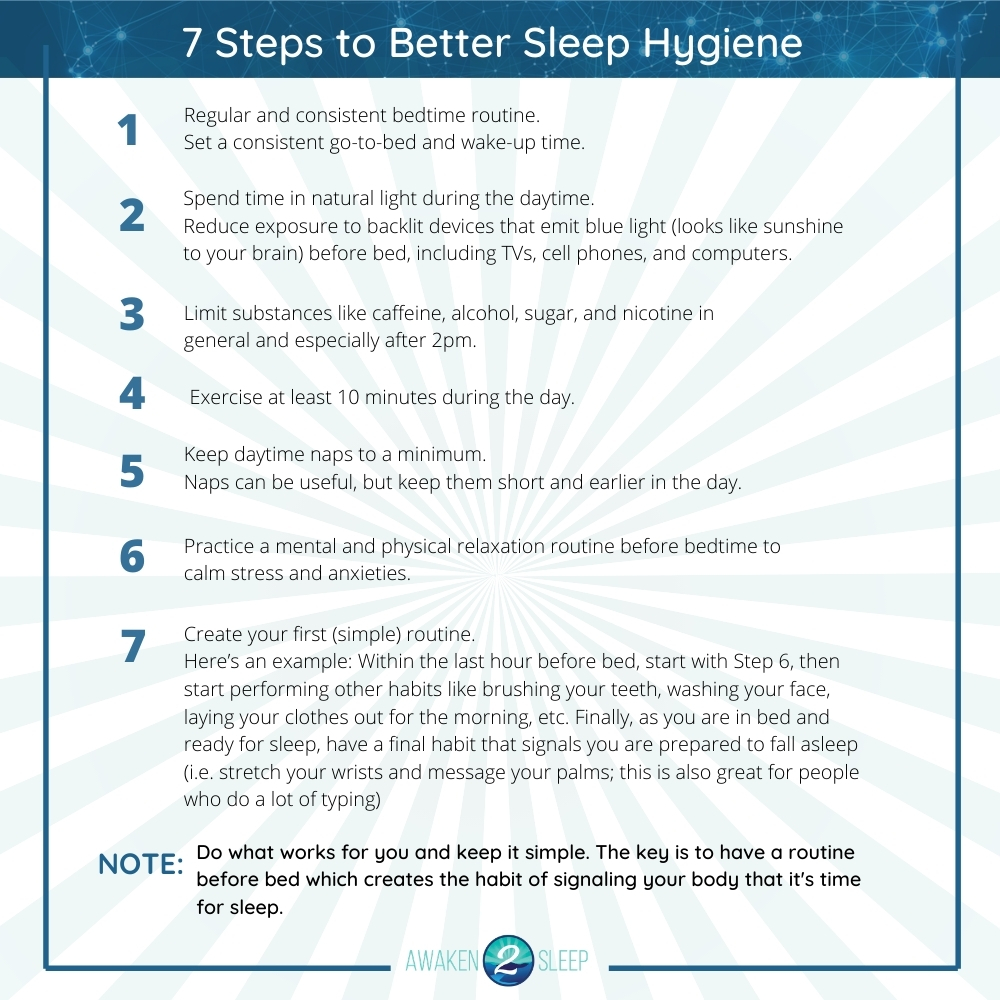
Many people who suffer from a lack of sleep could be doing something about it by simply fixing their habits.
However, for many, sleep disorders may be the reason they don’t sleep.
There are four major sleep disorders that could be contributing to a large number of people who are not getting enough sleep.
Insomnia
Insomnia is defined as having difficulty falling asleep, staying asleep, or both. Insomnia is very common, with more than 95 percent of the adult population having reported experiencing it. Around 10 percent of those reports have ongoing issues of insomnia.
There are two types of insomnia: primary insomnia and secondary insomnia.

Primary Insomnia is a rare disease that damages specific neurons in the brain. These neurons are vital for being able to enter into a sleep state. Primary insomnia will lead to death within about 18 months.
Secondary Insomnia is where the majority of cases reside. Most cases of insomnia are related to medical issues, emotional issues or everyday stress issues such as work or school. Worry and anxiety are a common factor with insomnia.
Quick Note
About 4 percent of people who claim they have insomnia are actually sleeping fine. They often suffer from a sleep state misperception. These individuals often believe they are not sleeping well, or at all, but are in fact still sleeping and entering deep sleep states. There is still research being done into this but it is believed these are people who maintain a high vigilance and awareness. Their brains are not fully shutting down during sleep, but EEG’s (electroencephalogram) still show them in a deep sleep. This might explain why they believe they are not sleeping well.
In short, Insomnia is a major public health crisis in the world today. The majority of people suffering from insomnia can do a lot on their own to improve their situation by working on sleeping habits and removing anxiety and stress from their lives
Narcolepsy
Narcolepsy affects 2-5 out of every 10,000 people. People with narcolepsy complain of too much sleepiness. It is characterized by excessive daytime sleepiness, hypnagogic hallucinations, “sleep attacks” or sudden paralysis (cataplexy) following a strong emotional stimulus, and sleep paralysis or paralysis during the transition from sleep to wake or from wake to sleep.
About 25% of people with narcolepsy deal with all four symptoms while a majority of narcoleptics deal with at least two of the symptoms.
Treatment for narcolepsy currently involves stimulants. If this is something you are dealing with you should talk to your doctor about treatment.
Restless Legs Syndrome (RLS)
RLS is very common and it is estimated that about 5-10 percent of adults deal with it.
RLS is characterized by an unpleasant “creeping” sensation most often in the lower legs. Typically, people deal with aches and pains throughout their legs as well. This is usually what causes difficulty falling asleep. Usually, people with RLS can feel relief by moving their legs, such as walking or kicking.
Abnormalities in the neurotransmitter dopamine have often been associated with RLS. If you believe you are struggling with RLS, you should talk to your healthcare provider.

Sleep Apnea
Sleep apnea is very common with about 25 percent of men developing it and about 10 percent of women.
Nearly 50,000 deaths per year are premature and preventable but are a result of sleep apnea. Three main causes of death due to sleep apnea are heart attack, stroke, and car accidents from falling asleep at the wheel.
There are two types of sleep apnea: central sleep apnea and obstructive sleep apnea.
Central sleep apnea is a problem located within the central nervous system. This is less common than obstructive sleep apnea.
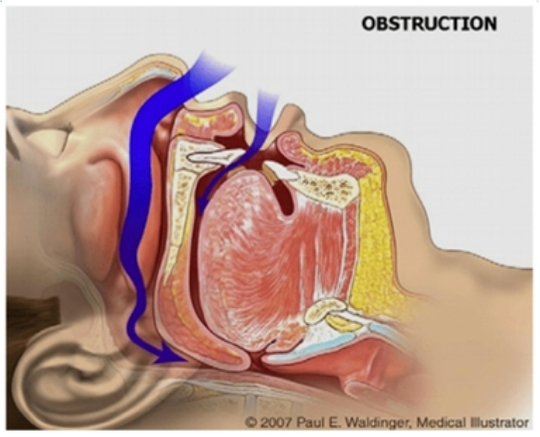
Obstructive sleep apnea is where your airway collapses when you fall asleep. This causes your brain to go into a brief wakeful state in order to keep breathing. This can often happen tens or hundreds of times each night, but varies in degrees from person to person. Regardless, this destroys people’s sleep and never fully allows them to get a good night’s rest.
The Result? The architecture of their sleep is extremely fragmented.
Many people of all ages and sizes suffer from sleep apnea. People often think you have to be overweight to have sleep apnea, but that is just a common misconception. The great news is there are many treatments available for sleep apnea. For central apnea you will need to have a polysomnogram done and you can schedule one by talking to your doctor.
For obstructive sleep apnea, common treatments include surgery, Continuous Positive Airway Pressure (CPAP), or an Oral Appliance Therapy (OAT). OAT is a mandibular device that you can sleep with and will help to keep your airway from collapsing when you fall asleep.
No matter what treatment you are interested in, they all require a diagnostic test. You can order a diagnostic test with results to be reviewed by a sleep physician by clicking the button below.
Sleep is a major public health crisis
Sleep and its importance is a subject that is quickly gaining popularity. People are begging to understand its importance and how a lack of sleep relates to so many health issues.
As you can tell from the numbers above, a large portion of the population deals with a sleep disorder of some kind, even sometimes dealing with more than one. To add to it, you have many people struggling with sleep just from bad sleeping habits.
With so many people struggling to get a good night’s sleep, it is no wonder that we have many of the health problems we do today. We highly encourage everyone to not ignore those restless nights! If you feel that you are dealing with a sleep disorder, act on that feeling and find out for sure.
We have a library of articles that have a host of information and advice and how to deal with your sleeping habits. Visit our library today! If you are dealing with sleep apnea, check out our In Home Sleep Study. If you are dealing with another sleep disorder, talk to your health care professional today!

